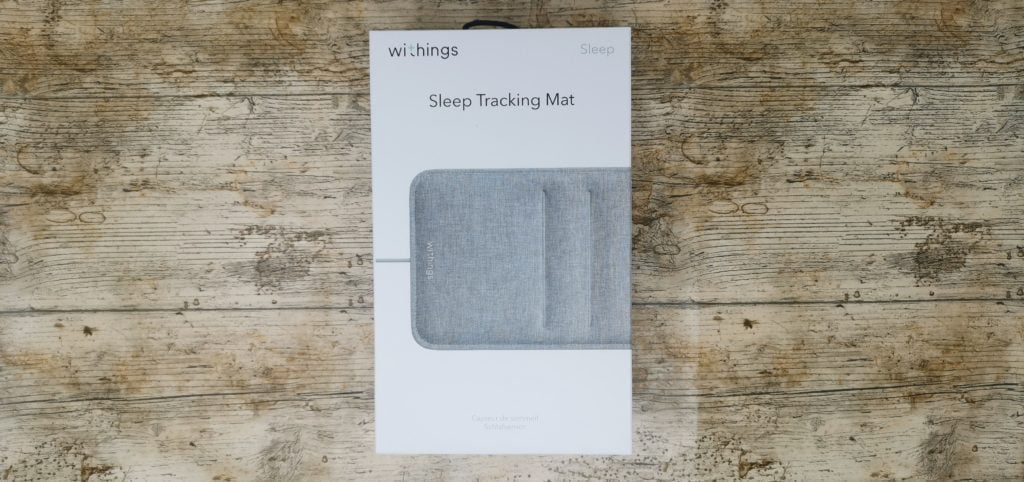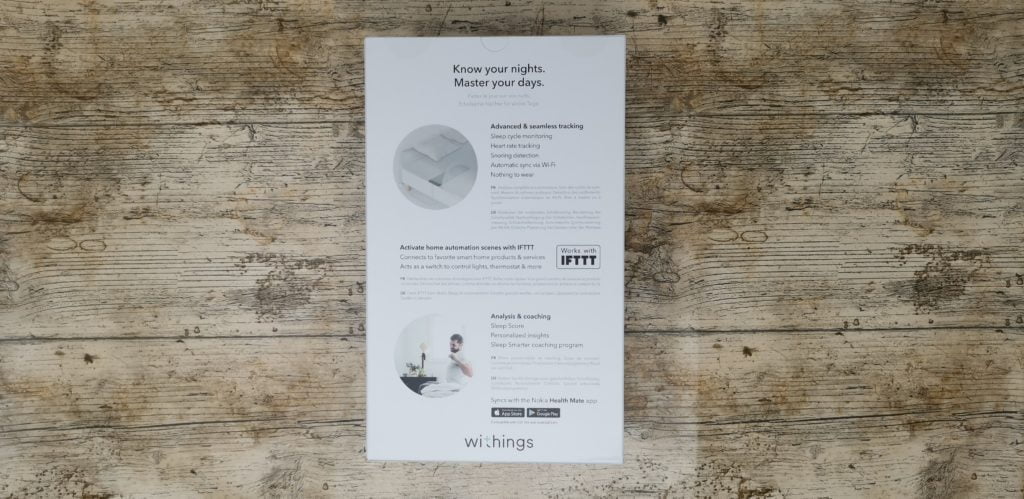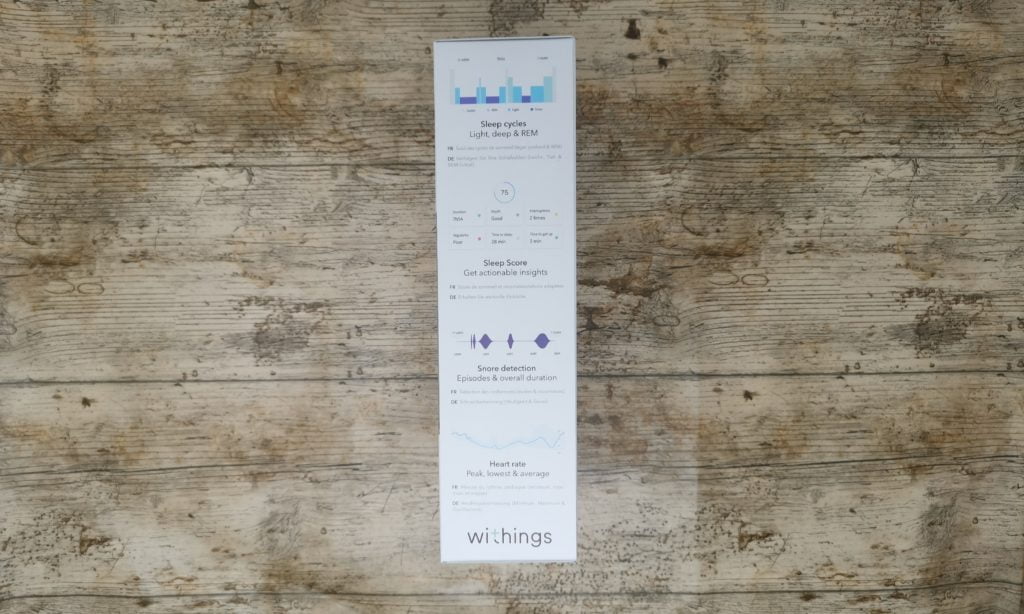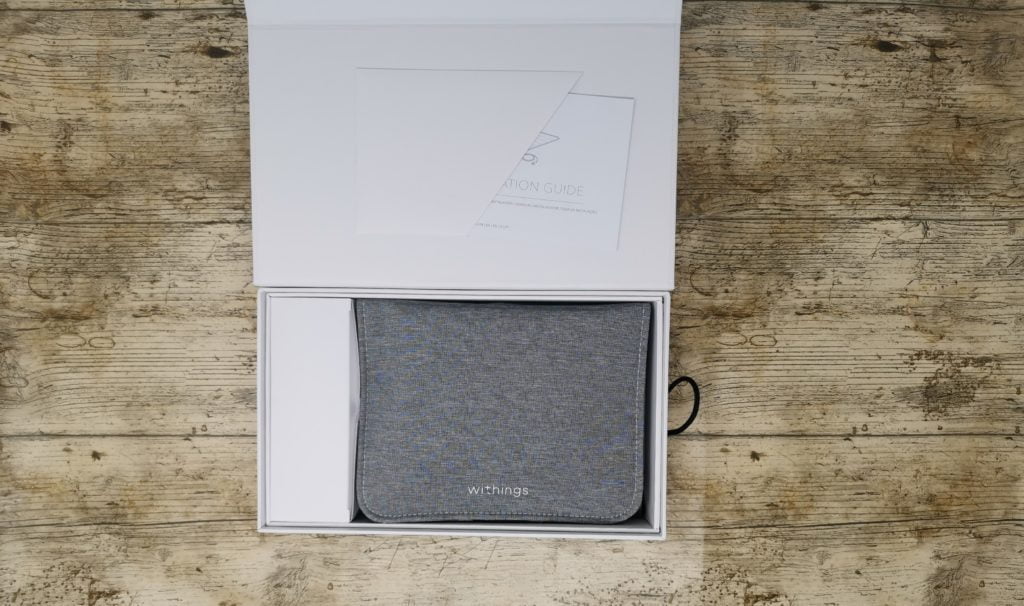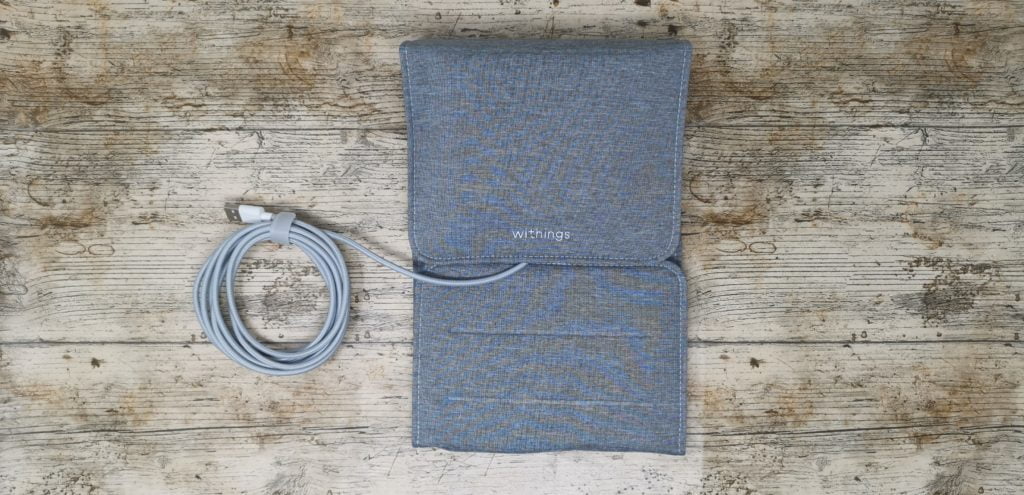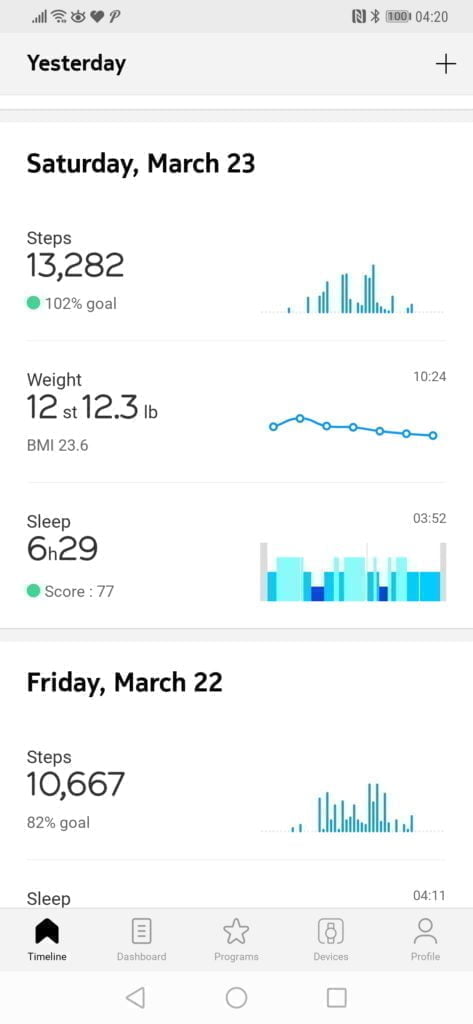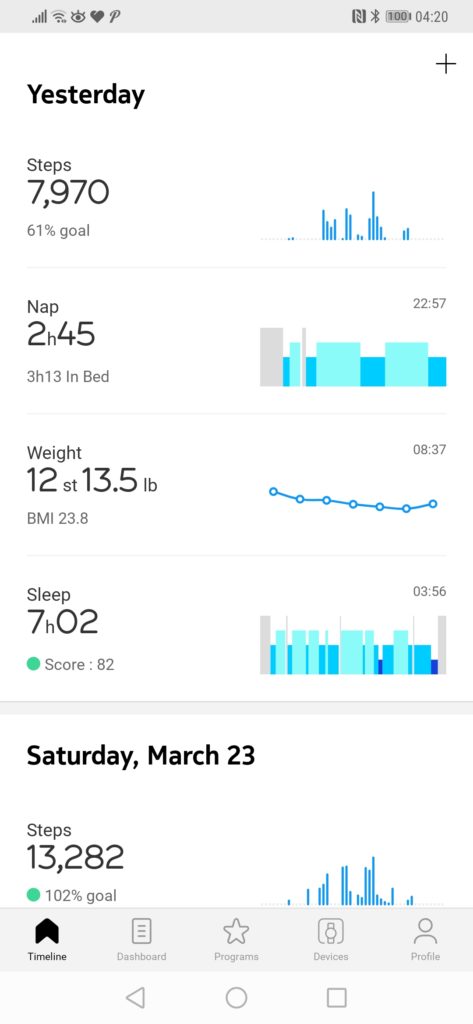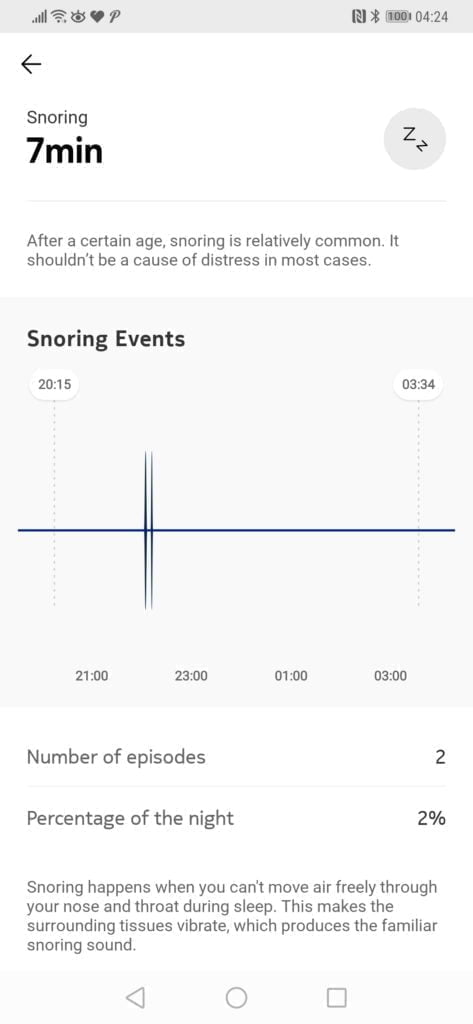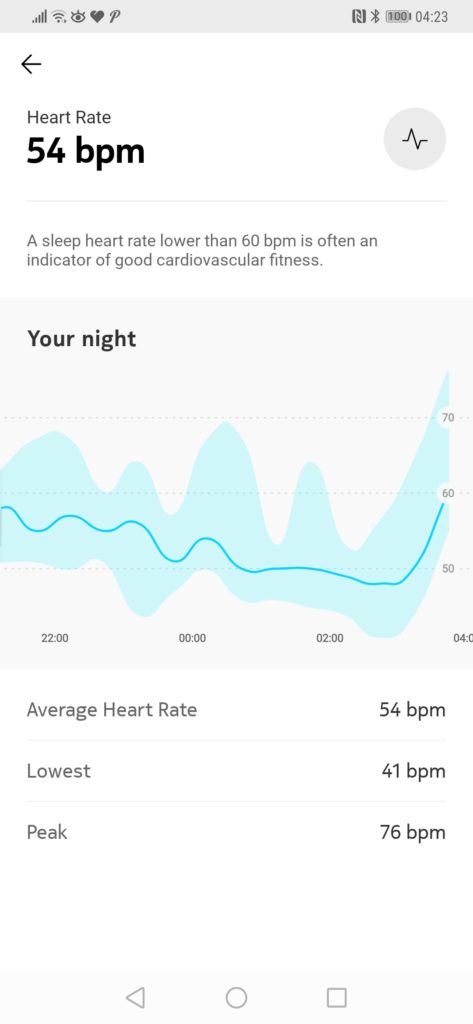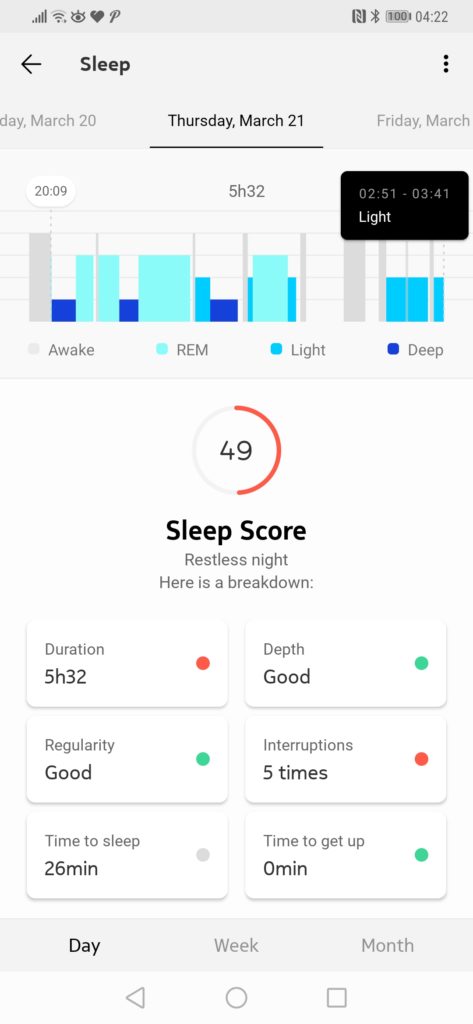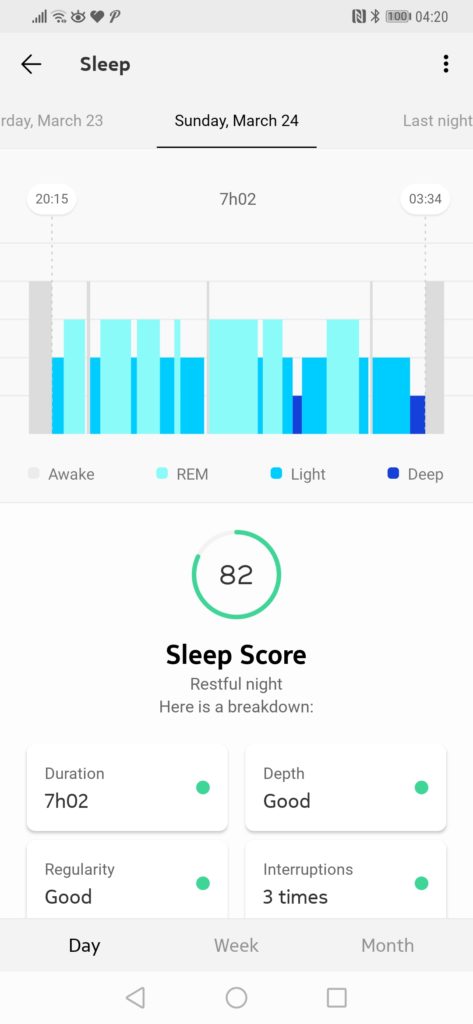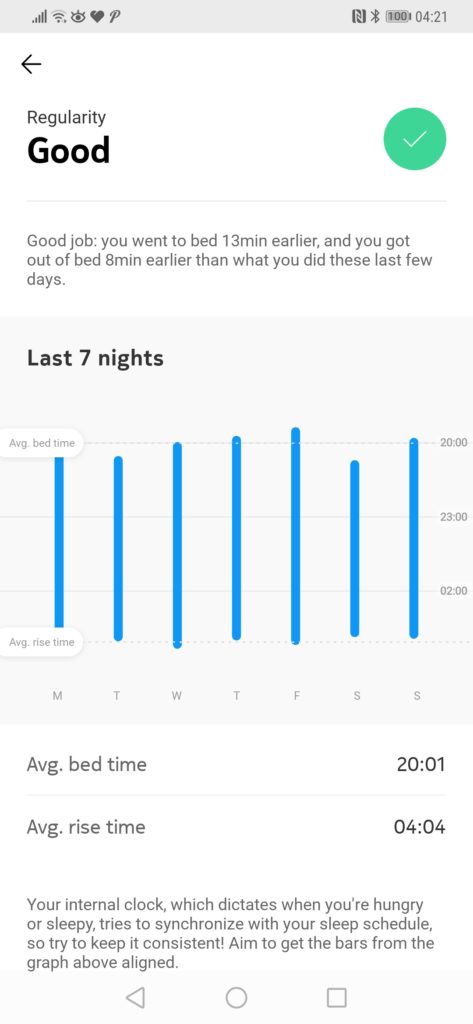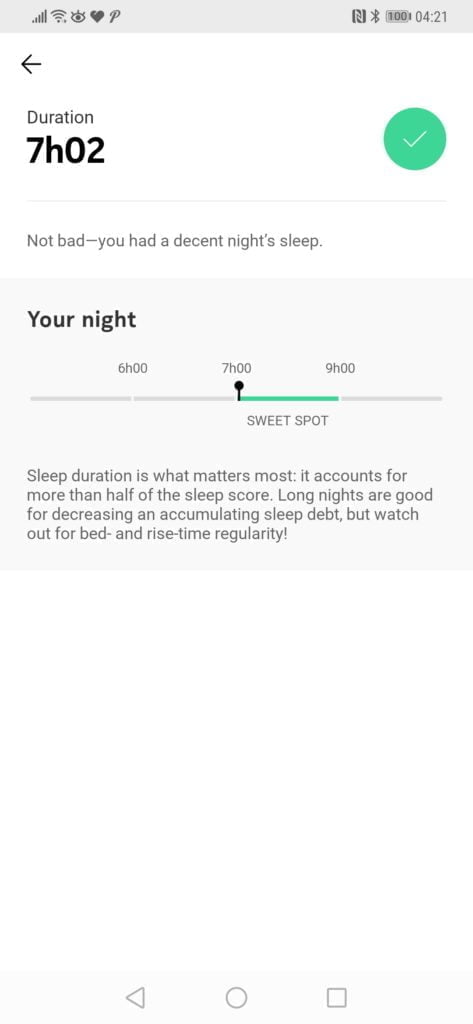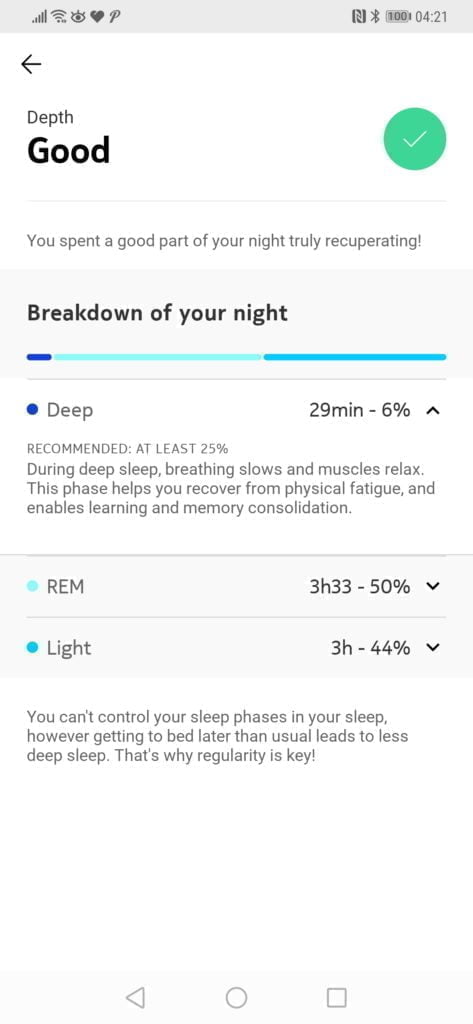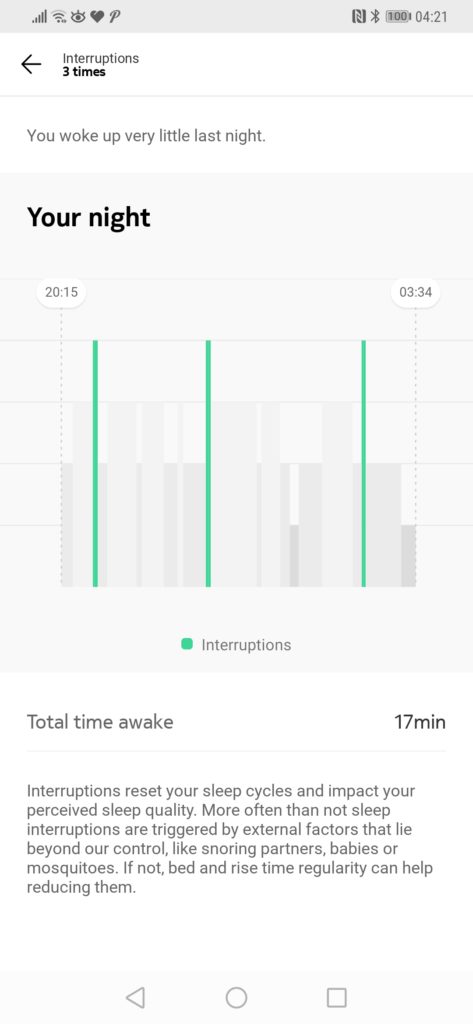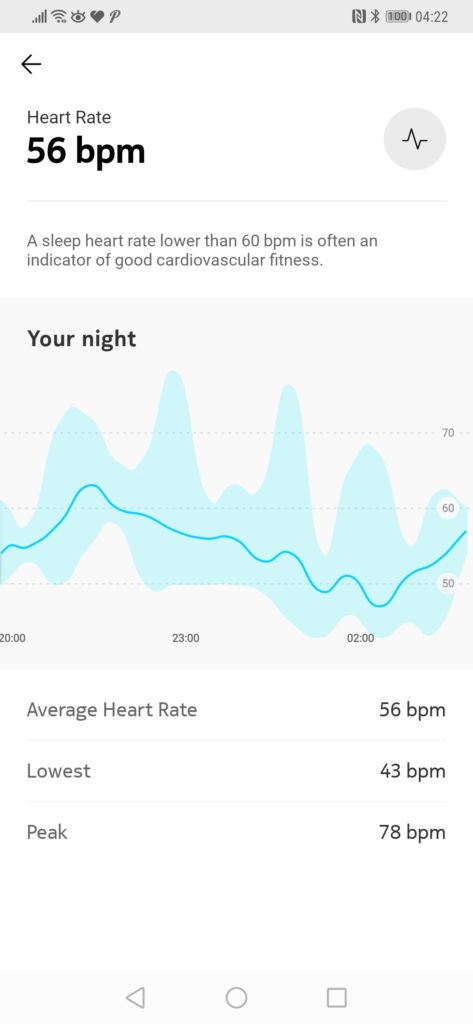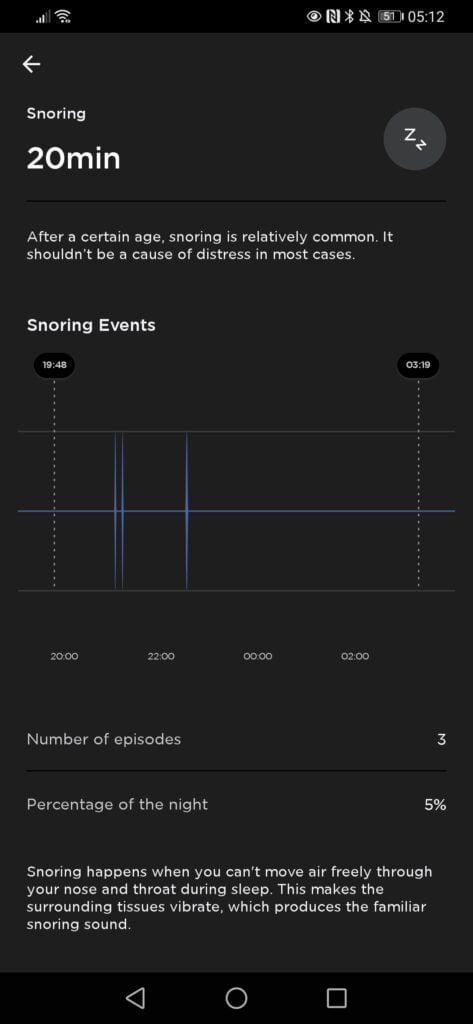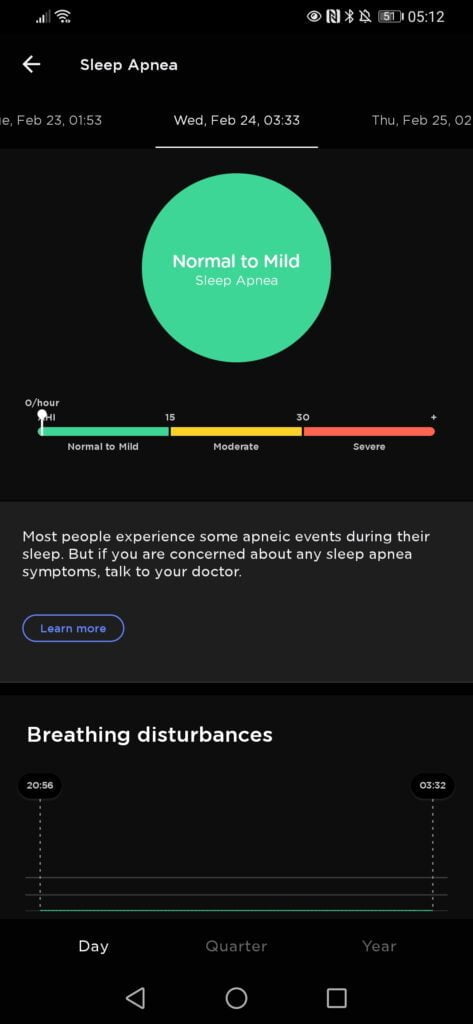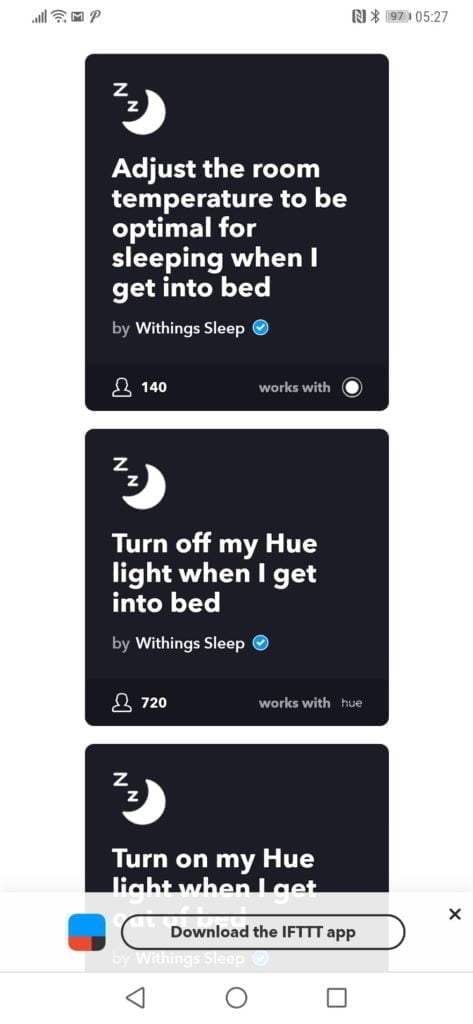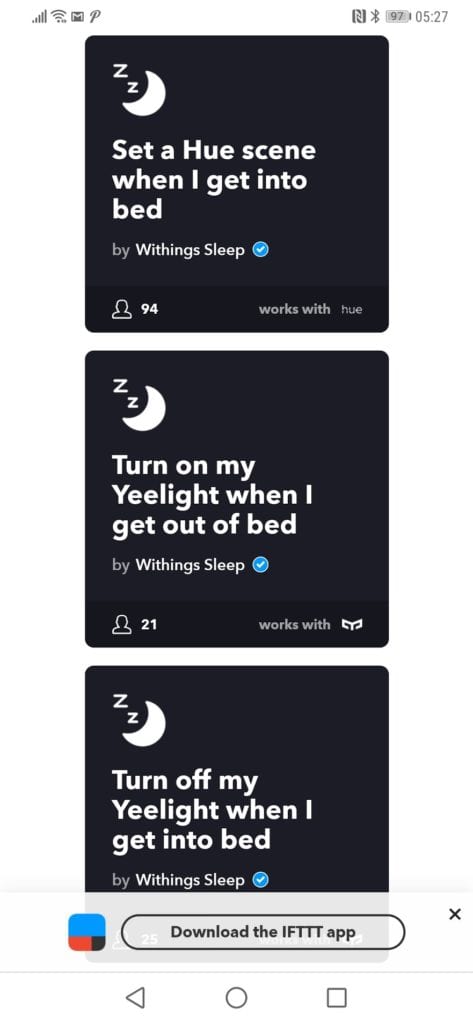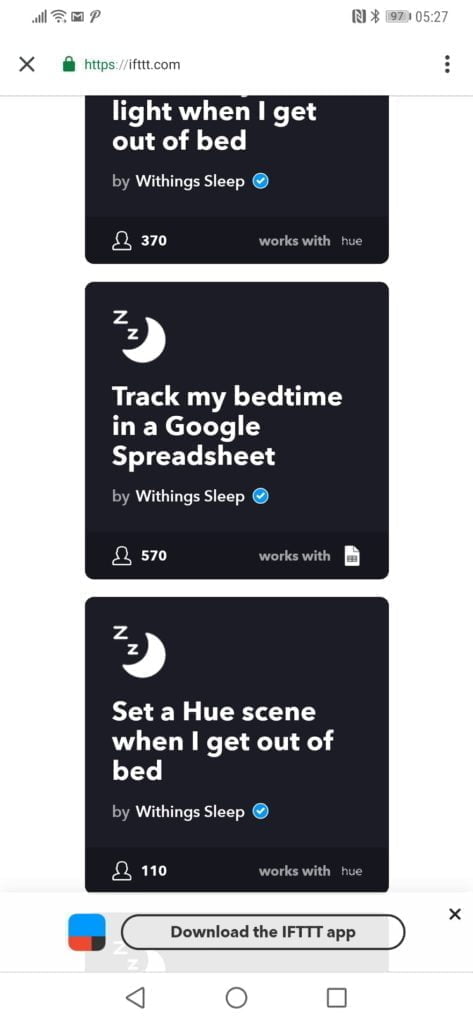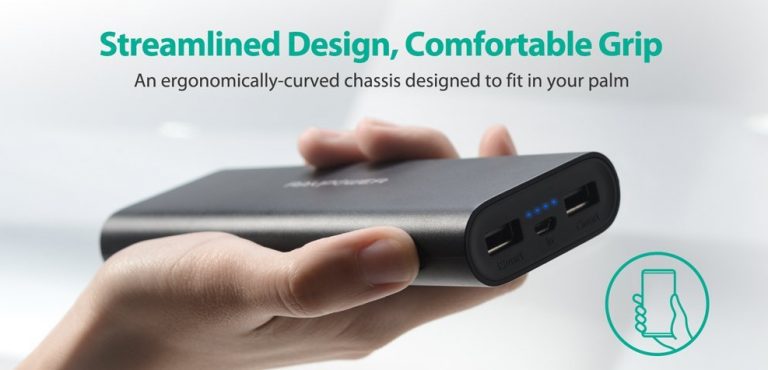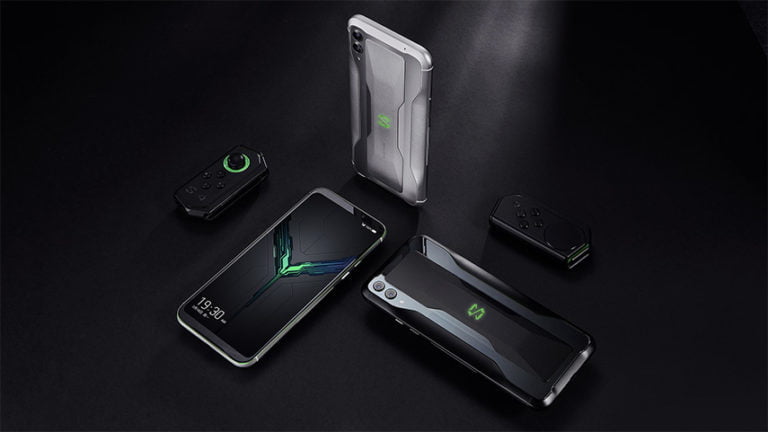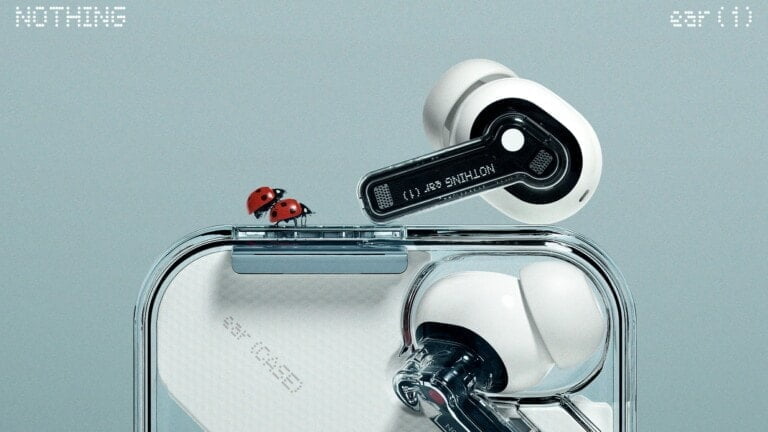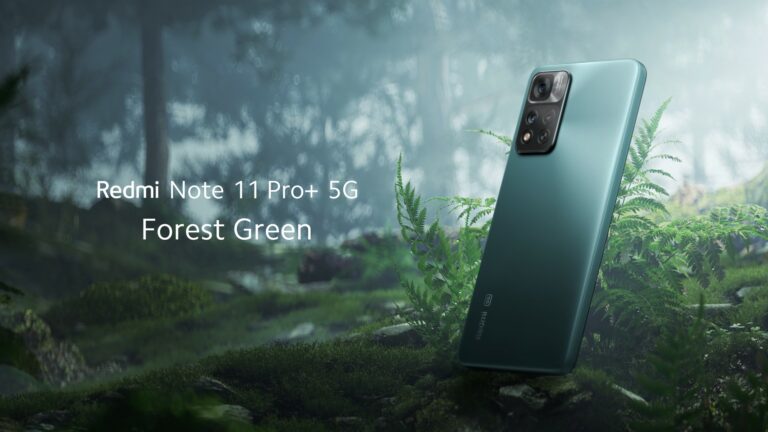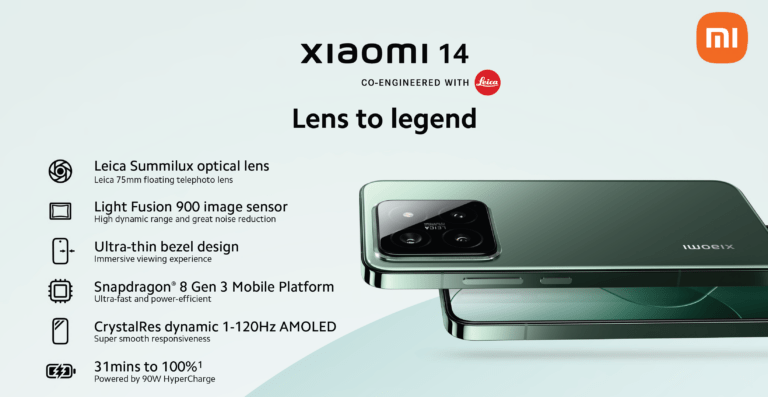Any links to online stores should be assumed to be affiliates. The company or PR agency provides all or most review samples. They have no control over my content, and I provide my honest opinion.
I am quite obsessed with improving the quality of my sleep, and as a tech geek, I love tracking things and obsessing over the data. Several years ago during the peak of my insomnia, I was getting around 2-3 hours a night sleep and walking around like a zombie. Nowadays I sleep much better, but it is still not good, I am in bed for around 8 hours, but I will wake up 3-4 times, quite often getting up and going to the toilet. It’s not diabetes, more likely psychological. I also occasionally snore, and sleep apnoea has been one of the things that I thought may cause my problems.
Recently Withings rolled out features that would detect breathing disturbances with heir sleep tracking matt, so I was keen to try it out and see if it could identify any issues that I was not already aware of. I have good sleep hygiene, sleep on a decent quality mattress, avoid caffeine in the afternoon, and I am much fitter than average, so I have covered all the basics of getting a good night sleep.
I have reviewed a few sleep tracking gadgets now, and generally, they are a little underwhelming with their accuracy. As much as love my Garmin Fenix 5, its sleep tracking can be truly awful. So I entered this review with low expectations but still hopeful that it would be superior to my Garmin.
Priced at around £100 it is not cheap, but it is cheaper than Beddit and the lesser-known REM-Fit Sleep Monitor which both cost around £150.
As you might have guessed from the name this is a mat, and it sits under your mattress, so it is there permanently, and you don’t have to worry about putting a watch on, making sure you have a tracking tag stuck to your sleepwear, or placing your phone on the mattress.
| Preview | Product | Rating | Price | |
|---|---|---|---|---|

| Withings Sleep Analyzer - Clinically validated... |
£129.00 | Buy on Amazon |
Set Up
There is not much going on with the device itself, it’s just a pad with a USB cable attached to it, so set up is quite and straightforward, just plug it in and follow the instructions on the Withings app.
I already use the Withings scales, so I was good to go for the app, I will say that Withings have a well-designed app and health ecosystem. I am a fan of their scales, they work well and they are more affordable than competing brands. I have also linked it up with Google Fit, so there is basic step counting via a phone. Frustratingly Garmin does not connect directly with Google Fit.
With the device added to the app it takes a few minutes to calibrate, and then there is not much to do with it, you have to wait until you have had a night’s sleep.
Performance
Following your night’s sleep, you can view your stats, I have found that loading up the app shortly after waking indicates only half a night of sleep, I think the mat syncs periodically so the last few hours would be missing.
From my limited understanding, no consumer product can 100% accurately track sleep stages compared to lab-based polysomnography. These companies use algorithms based on motion, heart rate etc to guess. So, for unusual sleep patterns such as mine, I suspect sleep trackers will have a hard time being accurate. So, any result provided should be taken with a pinch of salt.
How this performs in terms of accuracy, it is hard to say, to be honest. I only have the Garmin to compare against, and I know that is poor at tracking sleep times on many nights. It would appear, according to Withings, I sleep much better than expected. I am somewhat sceptical, as I know for a fact on the few nights, I scored 90+ that I physically got out of bed at least three times, and I don’t feel like that should be classed as a good night sleep. The times I wake up generally align with the 90-minute sleep cycle pattern, on a bad night I will fully wake every 90-120 minutes, and the times between this I do seem to sleep quite well. Looking at the graph which indicates REM, light and deep sleep, things look a lot more promising than Garmin. Garmin says I get no deep sleep almost every night.
The overall score is also a little conflicting too, as when I look at my deep sleep, it is always under 10% while you should get 25% apparently, I would say consistently low levels of deep sleep is an indication of poor sleep.
On the flip side of this, when I know I have had a bad night sleep, Withings appears to agree. So, I think that it is not so much inaccurate but perhaps a little lenient on what it classes as a bad nights sleep. Within the settings, there is an increased sensitivity setting, which should only be used if you sleep by yourself. Enabling this does appear to improve things a bit. Looking at the interruptions in sleep shows roughly the right amount, maybe missing one. With this on, for the past few days, my sleep quality has been 70-80-ish which is probably a little closer to the truth.
In general, delving into each section of the data will yield more rewarding information, giving you a better idea of how you really slept. The data it tracks correlates roughly to what I already know, I am a very light sleeper, wake up a lot, and don’t get enough deep sleep.
Going into each element of your sleep provides some useful insight into what you should be getting and what you can do to improve things, so if you are willing to follow the suggestions, then the £99 price tag is well worth it.
One thing Withings is good at is the timings, it has a bit of an advantage compared to a watch you wear, but so far, I have not had to edit the time I have been in bed. The only issue is that there is a delay in getting the correct time to sync, on my most recent night, when writing this review shortly after I got up, it thought I had a 2h45m nap from 8 pm.
The area I was most interested in was breathing detection, and it would appear that I don’t have many issues at all. With breathing disturbances being classed as few for every night I have used it and my snoring was never going above seven minutes. Most importantly it means I don’t have sleep apnoea, so that is another thing I can rule out in my quest to improve my sleep.
Withings also somehow detects your heart rate, the result it gives you is the average heart rate, and then clicking on the number shows the peak, lowest and average. I am not sure how they manage to do this through a mattress, but it roughly aligns up with Garmin. My heart rate generally bottoms out at 40, peaks at 76 and averages 54bpm. I exercise a lot, so it is lower than average, but the variance throughout the night is surprising.
Overall though, while I can’t say if the sleep tracking mat is truly accurate, it does appear to be significantly more accurate than all the other devices I have tried. I do love my Garmin Fenix 5s, but it is 50/50 if gets my sleep time correct, and when it doesn’t, it can be terrible, which causes me to lose confidence in its overall accuracy.
The below two examples are perhaps slightly unfair as I have deliberately picked out the bad ones from Garmin, but it is to show how bad it can be.
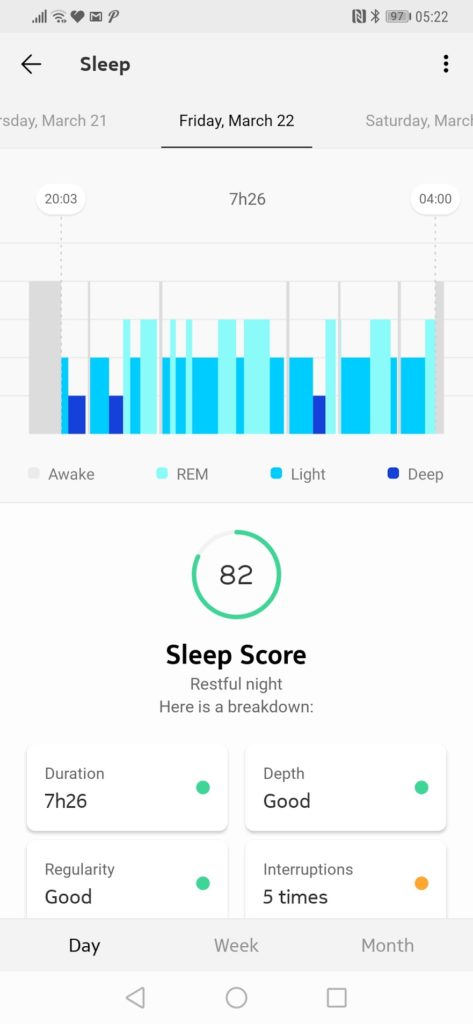
Withings 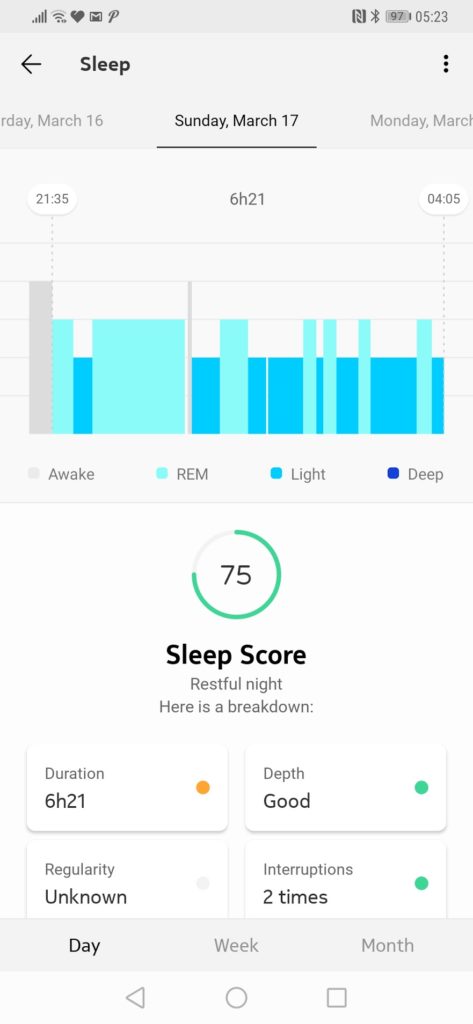
Withings 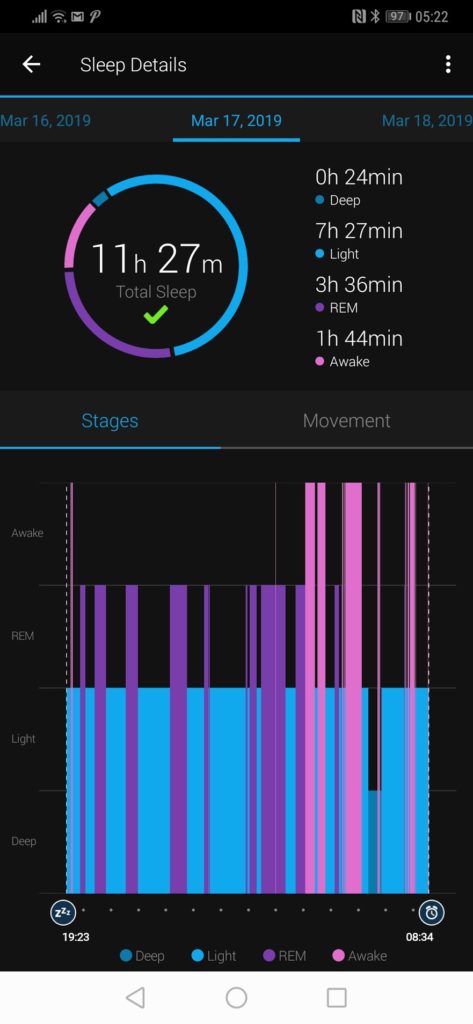
Garmin 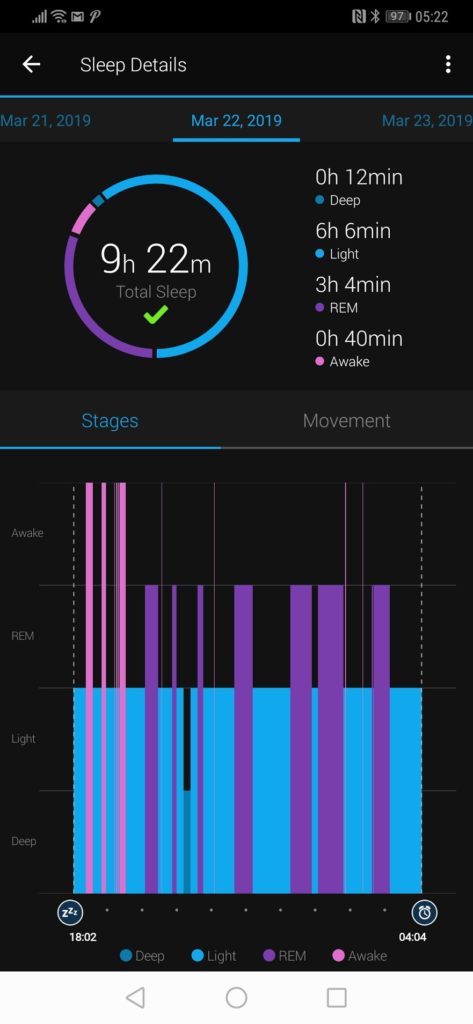
Garmin
Update – 2 years’ worth of use – Sleep Apnoea, snoring and improved sleep tracking accuracy
One of the advantages of the Withings Sleep Tracking Mat is that you don’t need to remember to put it on or charge it like wearables. So, I have continued to use the mat every night since I reviewed it back in 2019. I think this goes a long way to justifying the cost. Wearables come and go; you forget to wear it one day, then it’s a few days, then a month and then you give up. Alternatively, you swap out for something newer or different, ending up in a constant upgrade cycle. So this has had a better cost per use than most health and fitness tech I have used.
During my initial review, Withings had only just introduced some of the new features. These have improved over time. Originally it only had breathing detection, but now it has a specific section analysing if you snore and if there is a chance you have sleep apnoea.
I know I snore a bit and considering my relatively poor sleep I had always suspected apnoea, but the mat confirms that I do not have this. If it turned out to be the other way around, I could have sought medical attention. Using a CPAP machine can fix the issues with apnoea and it can have a transformative effect on your day to day well being, improving your wakefulness, ability to concentrates and general mood.
The quality of the sleep tracking seems to have improved over the last year or so. These devices will never be 100% perfect but it is better than a watch.
Home Automation
Withings do more than just sleep tracking though, in order to add some more value to the product they have built-in home automation features through IFTTT. Some of the recipes include dropping the room temp when you go to sleep (which is important for better sleep), turn off Philips Hue when you get into bed, and mute your phone when you get into bed. It is a simple feature, but I think it is something they will help maintain the usefulness of this mat, as I suspect many people will use it for a few weeks then stop bothering looking at the app. From my experience, a lot of people do this with basic fitness trackers such as Fitbit.
Overall
| Preview | Product | Rating | Price | |
|---|---|---|---|---|

| Withings Sleep Analyzer - Clinically validated... |
£129.00 | Buy on Amazon |
While it is hard to say how accurate it really was, it does appear to much better than competing products. For your average consumer that is probably all that is needed. Analysing the individual data points separately to help identify and optimise the way you sleep will be more fruitful than just following the sleep score data.
I love the ability to track breathing disturbances as well as the home automation functions, which help it stand out from the crowd and justify a dedicated sleep tracking device.
At £99 it is not a cheap device, but if you look at the direct competition, Beddit Sleep Monitor, which costs £149, it is an absolute bargain.
If you are particularly interested in sleep and want something a bit more accurate than a watch, or the home automation and sleep apnoea tracking have piqued your interest, then this is well worth the buy.
[Original Post Mar 27, 2019] Updated on March 7, 2021 with relevant information following 2 years with of use
Withings Sleep Tracking Mat Review
Summary
Cheaper than Beddit, and more accurate than watches. The Withings Sleep Mat is one of the most accurate sleep tracking devices I have tried to date. I particularly like how you can just set it up and forget about it, then review the data as and when you please.
Overall
80%-
Overall - 80%80%
Pros
- You don’t need to remember to use it making it much more reliable than irregular use of wearables
- About as accurate as you can expect
- Apnoea detection
Cons
- If you already have good sleep hygiene, then it is going to be hard to make any meaningful changes based on the data to improve your sleep.
I am James, a UK-based tech enthusiast and the Editor and Owner of Mighty Gadget, which I’ve proudly run since 2007. Passionate about all things technology, my expertise spans from computers and networking to mobile, wearables, and smart home devices.
As a fitness fanatic who loves running and cycling, I also have a keen interest in fitness-related technology, and I take every opportunity to cover this niche on my blog. My diverse interests allow me to bring a unique perspective to tech blogging, merging lifestyle, fitness, and the latest tech trends.
In my academic pursuits, I earned a BSc in Information Systems Design from UCLAN, before advancing my learning with a Master’s Degree in Computing. This advanced study also included Cisco CCNA accreditation, further demonstrating my commitment to understanding and staying ahead of the technology curve.
I’m proud to share that Vuelio has consistently ranked Mighty Gadget as one of the top technology blogs in the UK. With my dedication to technology and drive to share my insights, I aim to continue providing my readers with engaging and informative content.
Last update on 2025-07-02 / Affiliate links / Images from Amazon Product Advertising API


